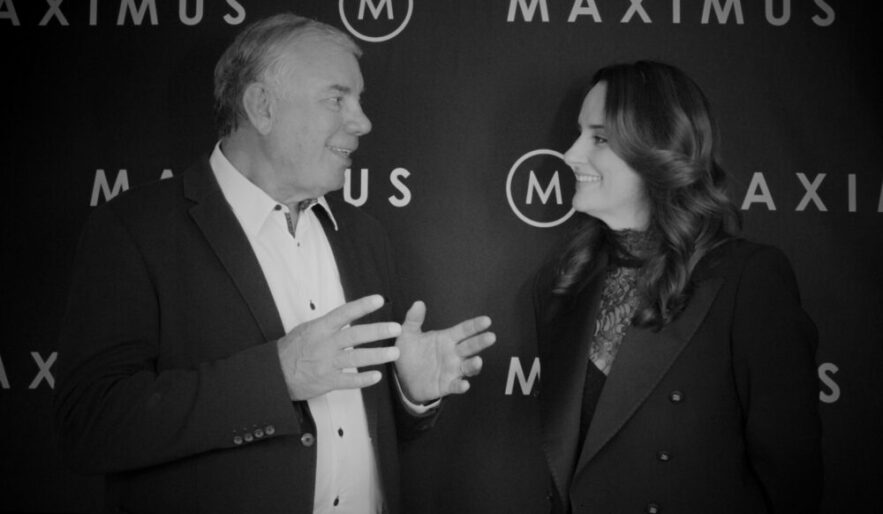Human resources has gotten caught up in a flurry of systems and processes. That overzealous desire for order and regulation belongs anywhere but in an organisation’s social hub. Excuse the psych jargon, but this is a prime example of Stratified Systems Theory. In other words, processes that are fundamentally human are getting policed with too much structure and complexity, making them disorienting and ineffective.
Unfortunately, this lust for structure is effecting performance management.
Performance management is about an employee, the business and the commitments those two entities promise each other. We need to refocus the spotlight from structure to the ongoing connectedness of the relationship.
MAKING IT PERSONAL
We all practice performance management in our personal lives. Think about this concept with regard to your friends and family. For example, I think about performance managing my kids. I don’t manage my children in a structured or methodical style that focuses only on right and wrong, but one that engages and promotes the type of people I want my children to become.
To teach them curiosity, I promote questions. To teach them discipline, I promote boundaries. To teach them lifelong success, I promote excitement in whatever they wish to pursue. By fostering this type of relationship, I hope to shape my children to become the very best they can be. That way they will not only have the skills to be successful, but also to be valuable, compassionate and meaningful members of society.
Performance management will be more successful if we approach employee relationships in the same way we approach our personal relationships. This includes creating a two-way communication loop that allows an organisation’s goals and outcomes to align with the goals and outcomes of its employees. It includes leaders demonstrating their authenticity and true selves at work in the same manner that they do with their loved ones. It includes heartfelt conversations that are honest and meaningful to build trust.
THE 3 ELEMENTS OF PERFORMANCE MANAGEMENT DESIGN
To foster effective performance management, it needs to be built around three common elements:
- Philosophy. First, determine your organisation’s philosophy. This includes clearly defining your goals and objectives and communicating them to your employees. Equally important is learning your employees’ goals and objectives and seeing where the two overlap.
- Behaviour. Practice being your authentic self. Who do you want to be when you’re at work? What makes you the leader that you are? How can you show employees that you are a genuine leader? Delivering an authentic persona will allow your employees to trust you, giving you access to more honest and valuable insights.
- System. Implement a performance management system. The development of a system needs to have a clearly defined organisational philosophy. This is more important than having clearly defined process steps.
Performance management needs to be an honest conversation between two people. When employees feel that their managers are authentic and genuinely care about their goals, opinions and wellbeing, performance management stops being a step-by-step process and transforms into an ongoing conversation.







